Account
Loading...
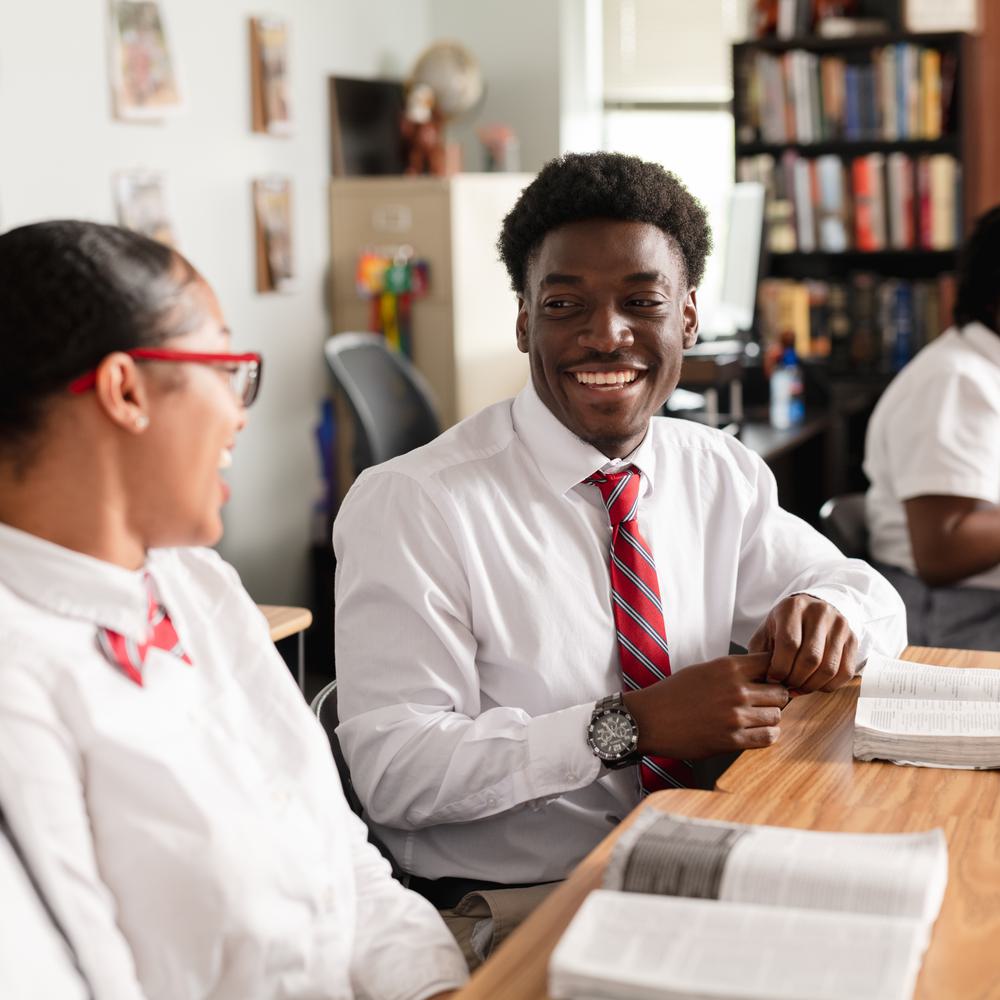
Ask any student at Cornerstone Schools of Alabama to name their Kingdom Purpose, and they’ll immediately respond, “To empower students to glorify God.”
Cornerstone, a K-12 private Christian school in Birmingham, aims to develop critical thinking, guide children in their walks of faith, encourage character, and prepare students for the next stage in life. One of the largest private schools in the area, its three campuses—elementary, middle, and high—serve approximately 700 students a year. Last year, 100 percent of its seniors graduated and were accepted to college, even if they didn’t ultimately choose to go.
Accredited by the Association of Christian Schools International (ACSI), all of Cornerstone’s teachers are Christian believers and Bible-certified. Students can also take special Bible classes from teachers with degrees in theology alongside their regular academic coursework.
Throughout his life, Drayton Nabers Jr. has worked as a lawyer, served as chief justice of the Alabama Supreme Court, and authored multiple books about Christian education and character. Nabers also helped establish Cornerstone nearly 30 years ago. He now sits on its board, previously serving as chair.
Before Cornerstone, Nabers was serving in prison ministry with several others when they decided they ought to start serving children. Training the young would mean fewer prisoners to begin with, they believed.
So, they found a facility in Birmingham’s Woodlawn neighborhood, next to Woodlawn United Methodist Church. After the church was destroyed by fire in 2009, a gymnasium and several classrooms were constructed on the property for the school to use.
Cornerstone acquired its high school in 2014, finding a building in the Roebuck neighborhood north of Irondale. Initially serving grades 6-12, Cornerstone divided its older students further in 2020 and began leasing space from Our Lady of Lourdes Catholic Church to provide middle school students with their own facility, also in Roebuck.
The school has maintained a debt-free philosophy and Nabers and his colleagues at Cornerstone don’t ask anyone for money. Instead, they trust God to provide, even when things get tight.
“This is God’s school, and he’s going to bring the money in if he wants to support it,” Nabers said.
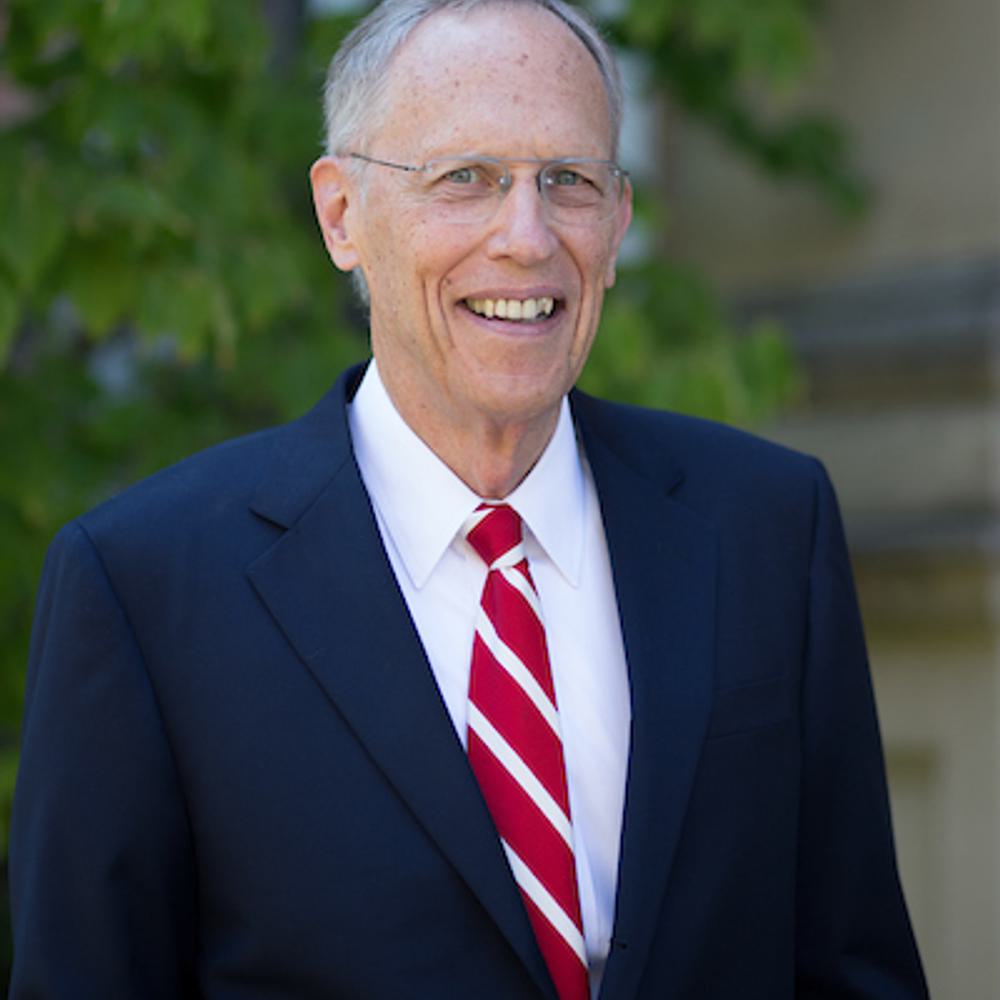
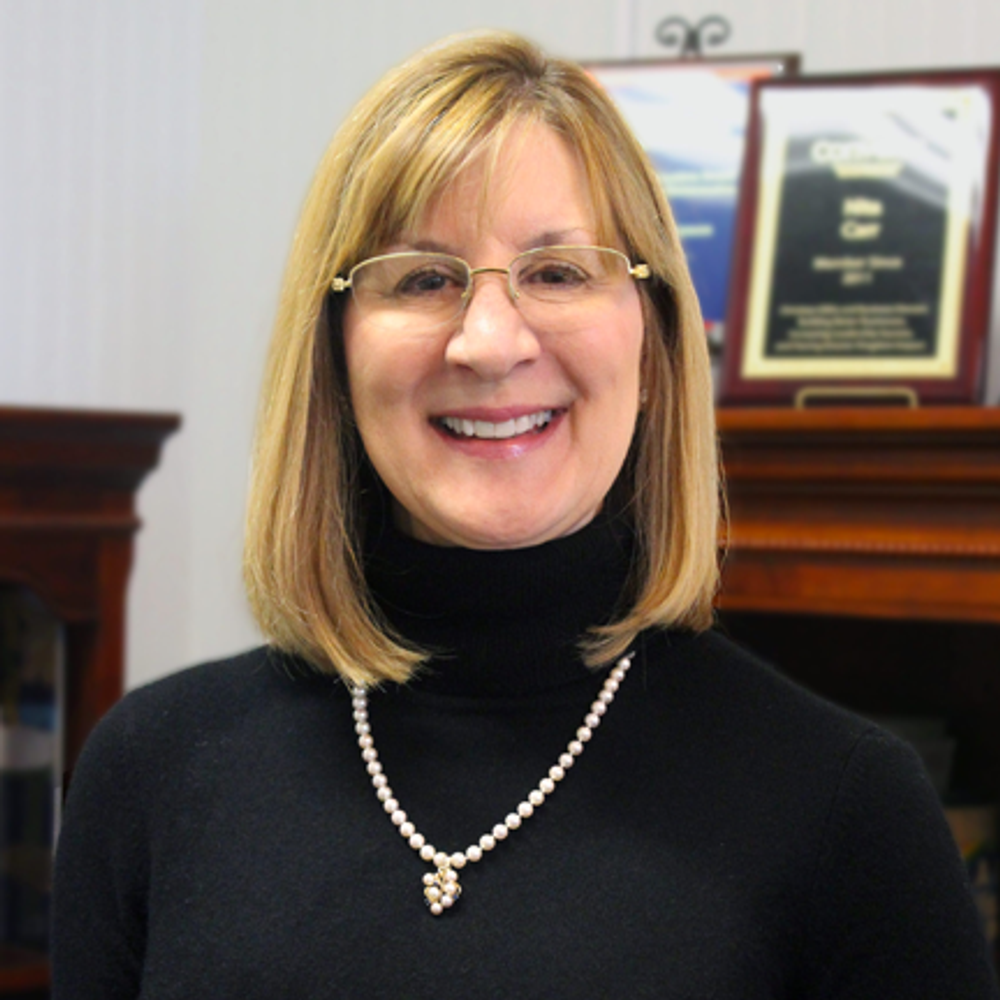
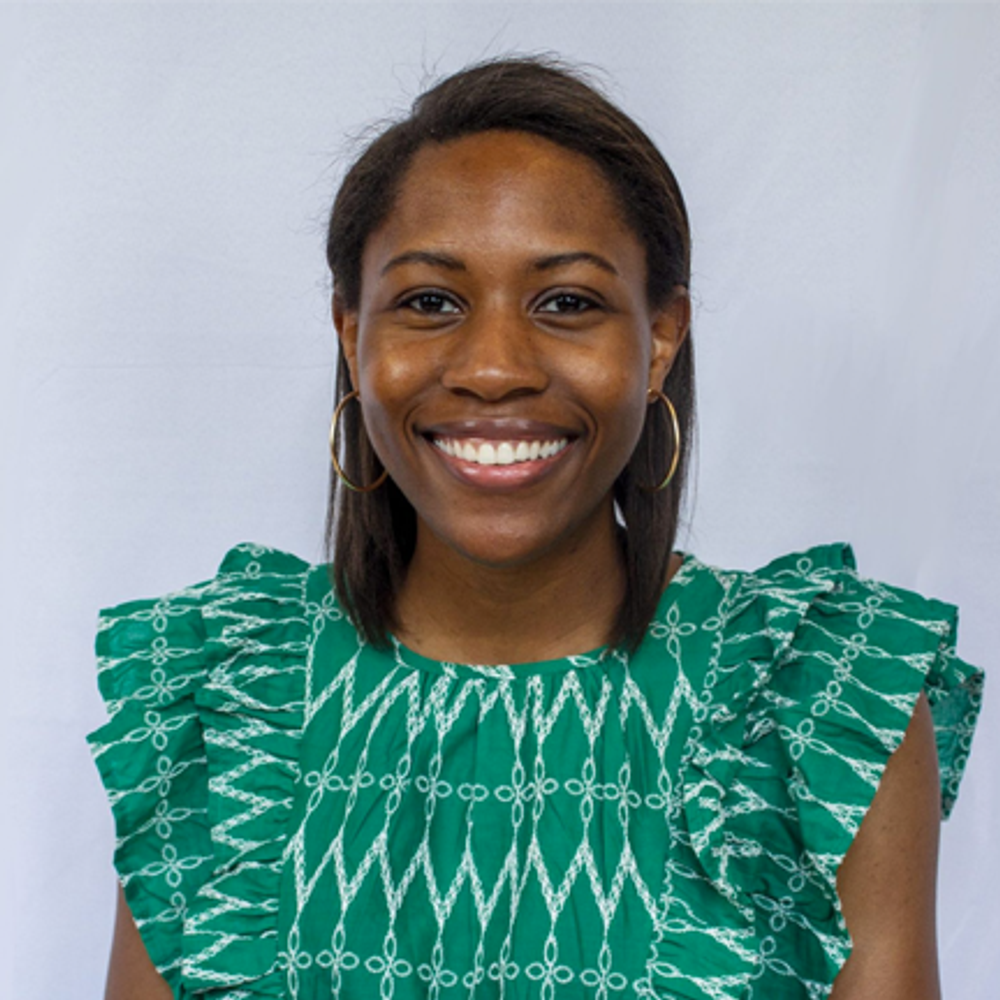
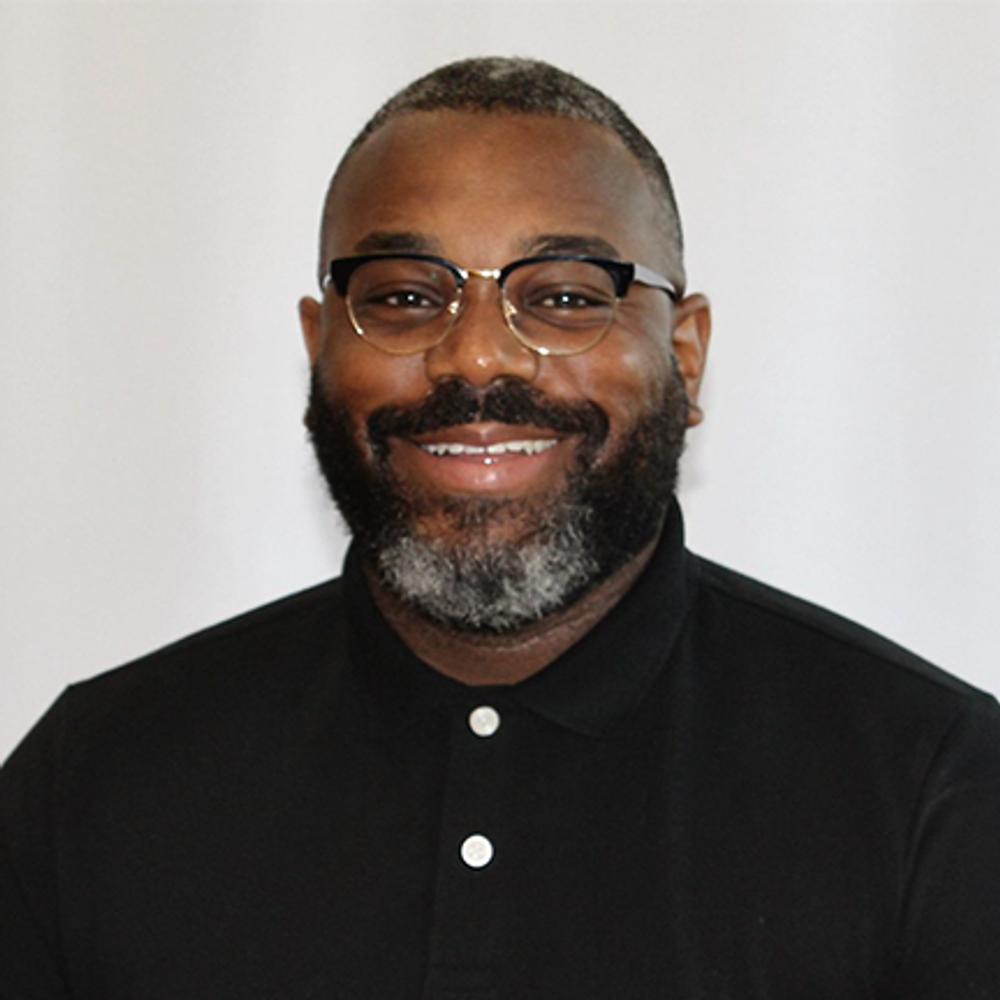
One way God has helped Cornerstone is by providing the right people to serve in leadership. Dr. Nita Carr, the current president of Cornerstone, is one of these provisions.
Carr volunteered at the school through Samford when the school was looking for a president.
“Nita was obviously the person we would want to emulate as head of school, so someone said, ‘Drayton, go talk to her,’” Nabers said.
“I thought she was going to take off her shoe and hit me in the face, but she didn’t. She said, ‘Let’s talk more.’ … Low and behold, she accepted the offer.”
“I had never stayed in one place for more than five years,” Carr said. “I was always seeking to help more people, and here I’ve been seventeen years.”
Sydney Sullen, a career coach at Cornerstone, is another one of God’s staffing provisions. While working in college admissions at Birmingham-Southern College, a friend connected her to Cornerstone, and she decided to take the next step in her career.
“I really enjoyed the process of kind of helping students and parents through the [college] admissions process,” Sullen said. “As students were asking me questions, I told myself I’d really like to meet them on the other side before they get to admissions. So, working with students, specifically for college and career … is kind of one of those things like a dream job.”
Now, she helps the students at Cornerstone get accepted to colleges and trade schools, receive scholarships and financial aid, and plan their careers.
Jacob May, another staffer, found his way to Cornerstone differently.
A former police officer for the Birmingham Police Department, May worked in the Woodlawn area before earning his Master of Divinity at Samford University. Currently, he fills the critical role of Bible teacher at Cornerstone.
A native of Hueytown, May credits his law enforcement and educational background for informing his teaching today.
“Being at an interdenominational school prepared me in a way to be able to not only speak from or teach from a denominational aspect, but it also enabled me to speak to those that are not from my denomination because not every student here is from the same Christian background as I am,” May explained.
“Being a police officer from this particular area dealing with inner-city youth … it’s not a struggle with connecting because I’ve had experience through my previous occupation of being able to have conversations and to understand the students’ world versus coming in and trying to implement my way of things without having a complete understanding of their world. Policing helped me in that area.”
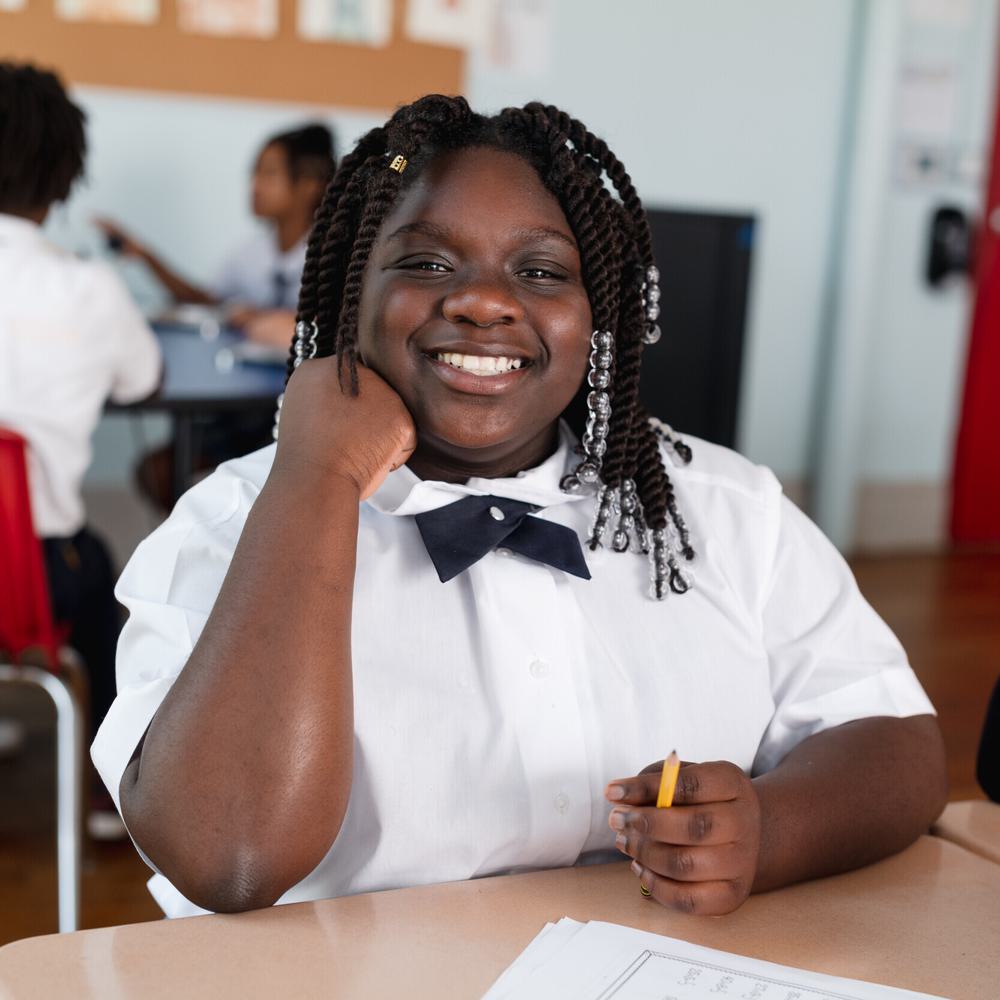
Teachers and mentors like the aforementioned play a crucial role in the future lives of Cornerstone students.
Preston London is one of these. A former Cornerstone student-athlete, London currently studies mechanical engineering at Alabama A&M, where he is also on the track and field team. He credits his Cornerstone coaches for preparing him for adulthood.
“All the coaches … taught us to work hard but put in the same work towards God and the same work toward school as hard as you work at sports,” London said. “A lot of them really prepared us to be men.”
Upon graduation, Cornerstone’s Class of 2023 cumulatively earned $1,495,876 in scholarships to continue their education if they chose.
MarKayla Bell is a 2018 Cornerstone graduate who received a scholarship from a donor to attend Samford University. Now in her first year of medical school at the University of Alabama at Birmingham, Bell sees her Cornerstone academic experiences as good preparation.
“I think I kind of wanted to do medicine before I got to Cornerstone, but they definitely had resources in place that kind of inspired me to continue,” Bell said. “We would do career preparedness events as early as middle school. We would have people come in and talk to us about our careers, and they would encourage us to do research, so I knew pretty early on how to become a doctor, just the logistics of it, that I needed to go to med school, that I needed to major in a STEM major for undergrad, and I learned all of that really, really early on.”
Yet Bell didn't recognize the benefits of Cornerstone’s dual enrollment opportunities until she got to college.
“I didn’t realize the significance of that when I was doing it, but when I got to college, it turned out to be very helpful because I came into college with 26 college credits,” she explained. “I could’ve graduated early, but I was a chemistry major and a biochemistry major, so I needed an extra year to finish up that coursework, but I was ahead of all of my peers.”
According to Sullen, Cornerstone partners with Jefferson State Community College to provide Cornerstone students with dual enrollment opportunities. Cornerstone pays for these opportunities in full, enabling students to take college classes online.
“Typically, in years past, it’s just been juniors and seniors, but this year, we have actually pushed it down and let our sophomores participate,” Sullen said.
Cornerstone also offers student scholarships through the Rotary Club, which furthers student education in trade and technical colleges. London went to Jefferson State on one of these scholarships, later transferring to a four-year college.
Academics:
An International Baccalaureate certified school, Cornerstone prides itself on academic rigor.
“I think Cornerstone … was really rigorous,” London said. “Getting through community college was a breeze compared to Cornerstone.
According to Carr, the school falls into the 60th percentile in test scores, meaning all students are at grade level and above. Student ACT scores are also above average.
“Our rigor and the way we go about our academics—our kids are functioning above [other] kids in the neighborhood,” Carr said.
Cornerstone works with parents to make education affordable, and most students only pay around $500 a year in tuition.
"If you’re paying something, you’re more likely to be more [on] time, you’re more likely to be in correct uniform,” Carr explained. “So we require tuition.”

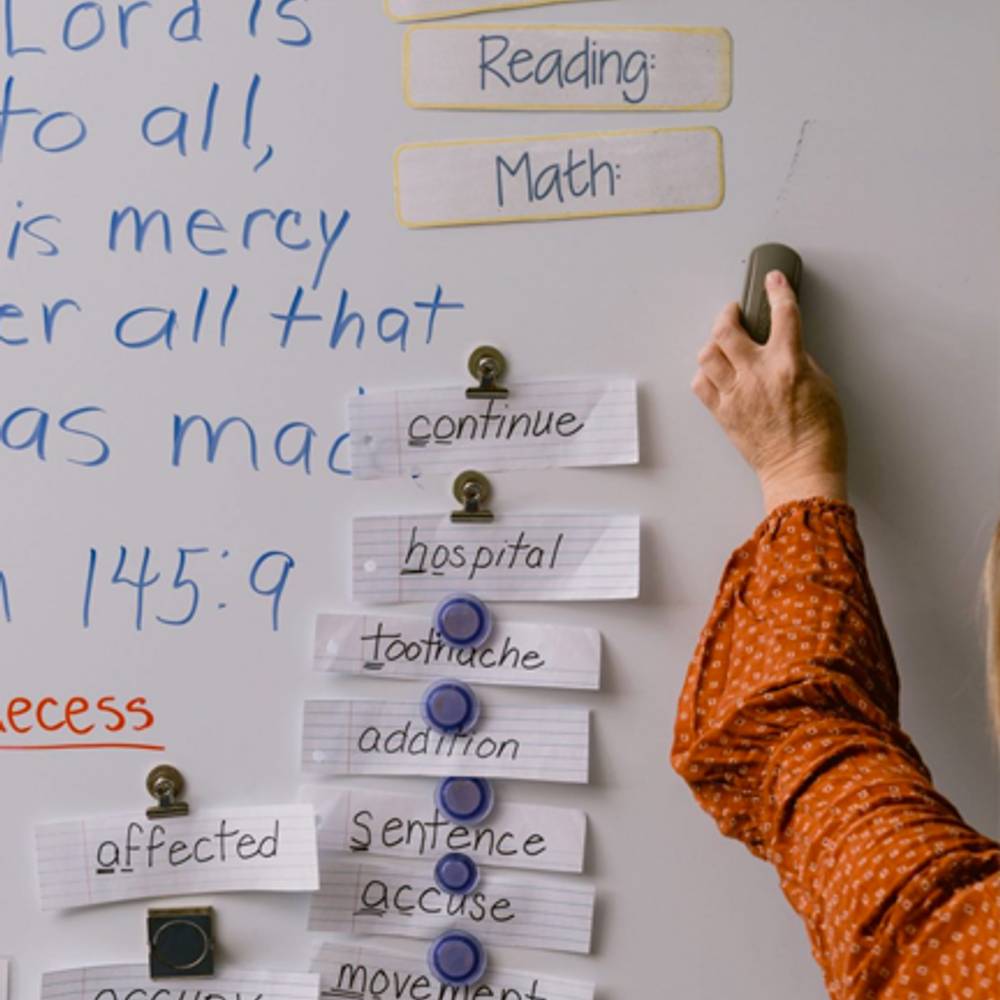
Faith
The second point of the Cornerstone Way is its religious foundation. It makes sure its teachers are committed to Christian education, but it doesn’t demand a faith statement from its students.
"Most private Christian schools are covenant schools, which means the parents have to sign off on a statement of faith,” Carr explained. “We don’t do that.”
Yet Cornerstone uses ACSI curriculum, ensuring that faith is integrated into each child’s educational experience, and Bell said it was her experience in Bible class that prepared her to continue living out her faith as an adult.
“I just learned a lot about what it means to study the Bible and how that can translate into your everyday life—and not just studying the Bible just for the sake of studying it, but actually studying it to learn and actually reflecting on it, and I found that to be very helpful,” she explained.
London shared a similar sentiment.
“I do know in public school some people had different religions, which is, you know, fine, but I know as far as Cornerstone, everybody is on the same page as far as giving God worship and praying to God,” he said. “It was just a good space for me because it allowed me to be open with my religion a little bit more than I was able to be at public school.”
“That kind of made the walk with God a little bit stronger,” he added.
Character:
“Our student character assessment is one of the highlights of Cornerstone,” May said. “Each year, we administer an assessment to students at the beginning of the fall semester in order to assess their level of love, respect, integrity, responsibility, and perseverance.”
“It is amazing to see how students who rate themselves poorly during the fall can during the spring student character assessment … improve their rating,” he continued. “Clearly, our school's character words have benefited students throughout the year as a result of the efforts made by teachers.”
Cornerstone students are also required to do community service to graduate.
"The community gives to us, we believe in giving back,” Carr said. “Each grade level has certain projects, then when you get to high school, you're required to give so many hours of community service. That’s part of getting your diploma."
"When I sit in the room with my friends who run big Christian schools, they teach academics, and they teach Bible, and one thing they don't teach is character,” Carr said. "I think educators have this mindset [that] it's one more thing. Well, of course, we're going to do Bible because we're a Christian school, and we can integrate that pretty easily. I really don’t know of another school that does all three.”
Such character also serves Cornerstone students well in the many extracurricular and athletics opportunities the school provides, helping them develop further as individuals.
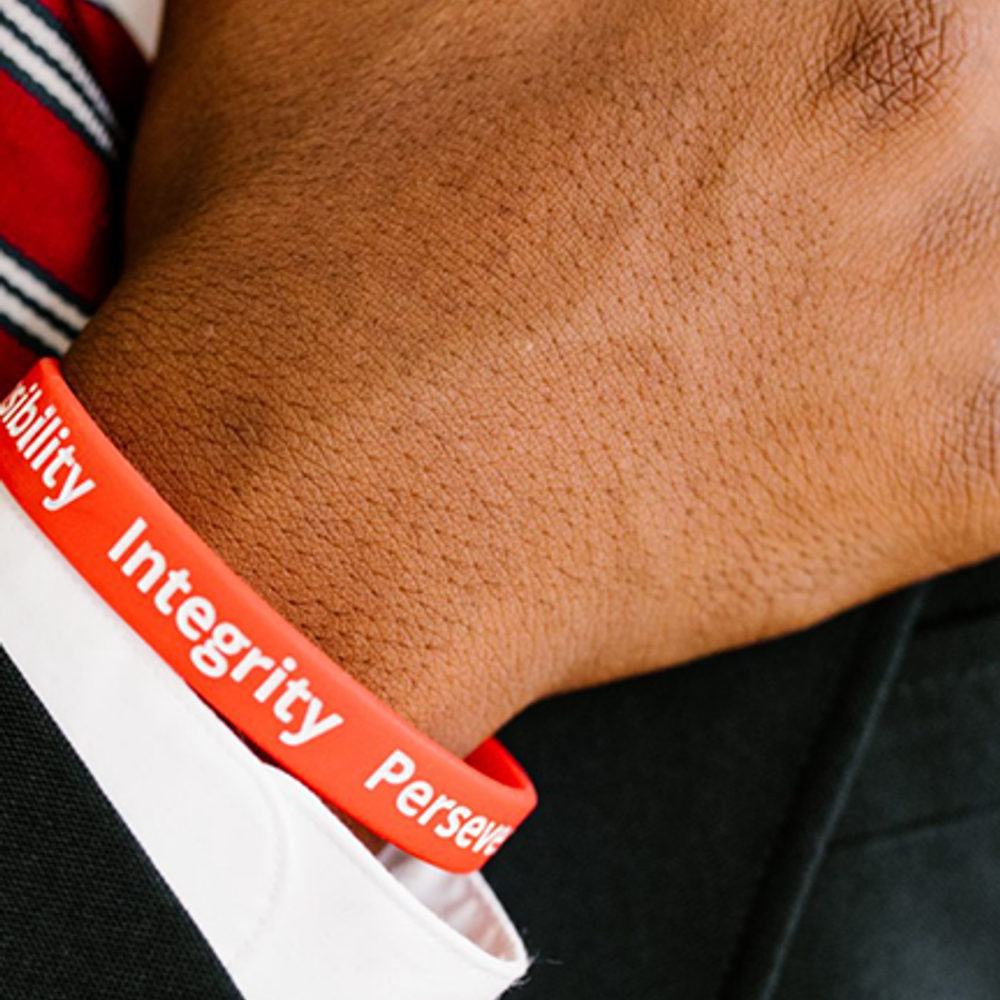
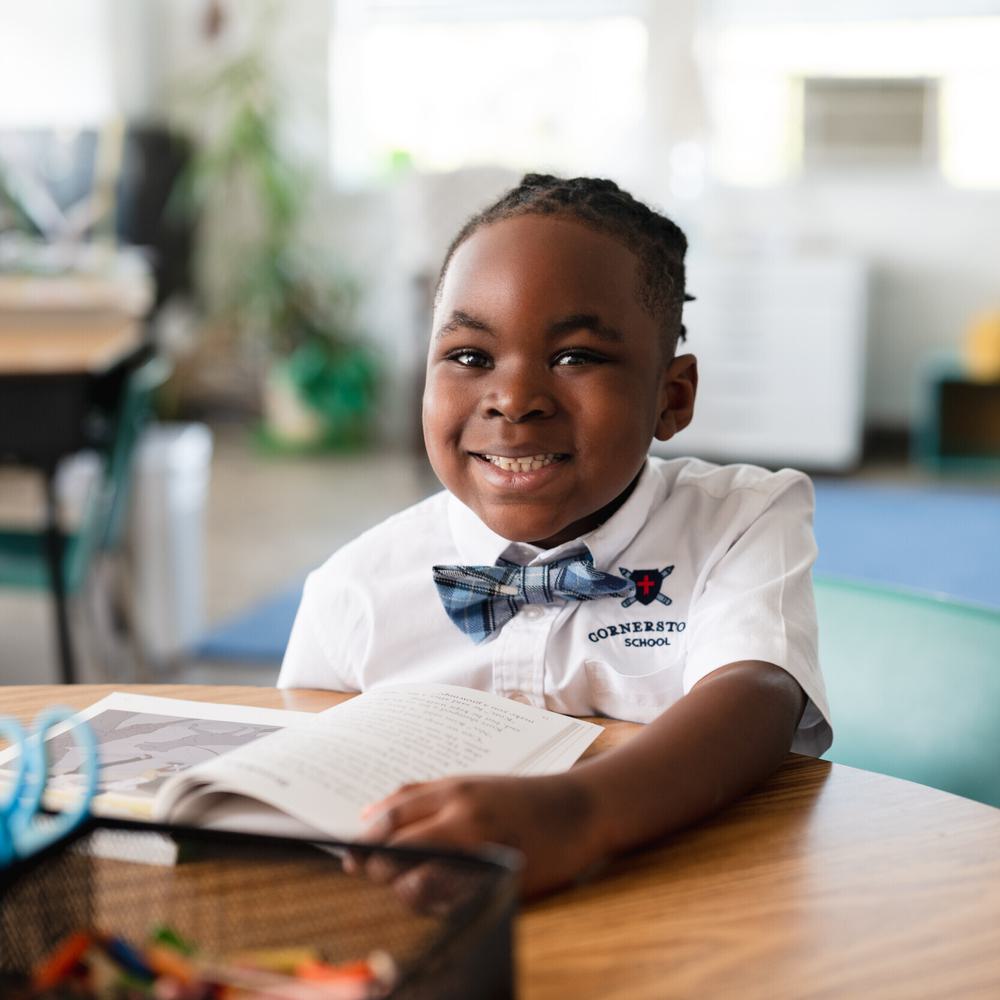
Those who want to get involved with the work Cornerstone is doing can contact its community engagement manager, Amber Payne. She can be reached by email at apayne@csalabama.org or over the phone at 205-769-0034.
You can also visit Cornerstone’s website.
"I believe this is a mission,” Carr said. “I think we're on a call to do God's work, and I think the people that God sends us to help us believe in this mission. And I know that. I’ve gotten through two recessions since I’ve been here, and no one ever stopped giving to us. I can say that this community is not only generous, but they care about the future."
To connect with the author of this story, or to comment, email will.blakely@1819news.com or find him on Twitter and Facebook.
Don’t miss out! Subscribe to our newsletter and get our top stories every weekday morning.